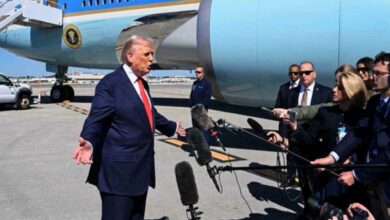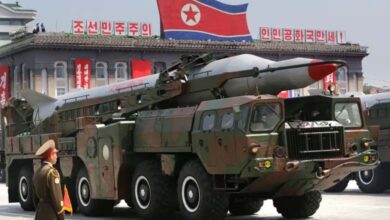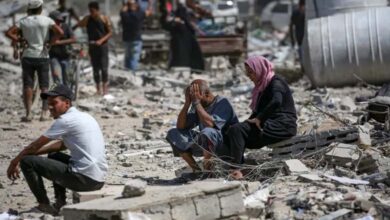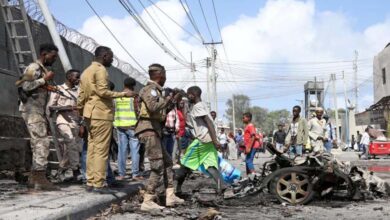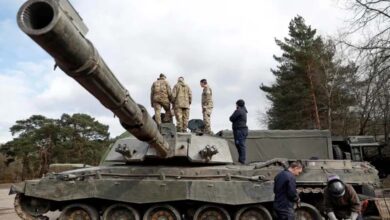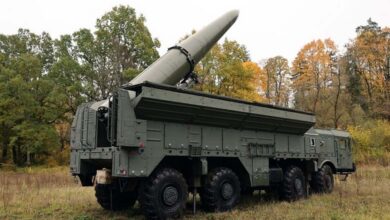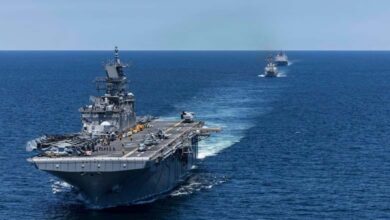Washington Conditions Any Withdrawal from Iraq on the Dismantling of Pro-Iran Militias
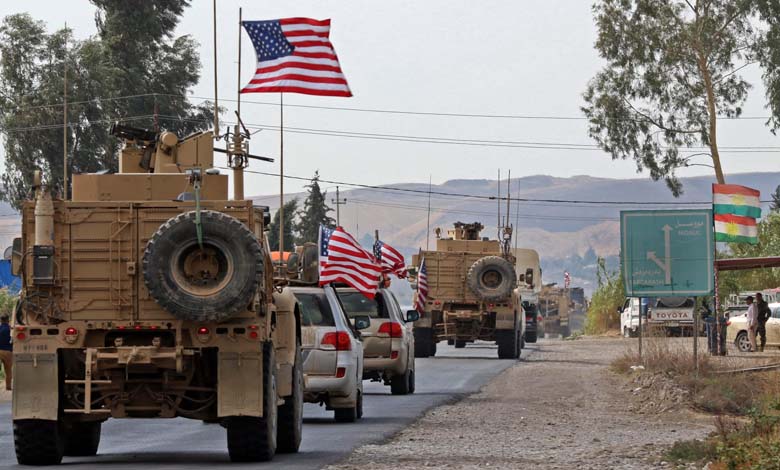
The U.S. State Department has stated that what is currently happening in Iraq “is not a withdrawal” but rather “a transition in the nature of the security relationship” between the two countries, warning that the continued activity of pro-Iran militias poses a serious threat to Iraq’s stability and its regional and international relations.
In an escalation of the ongoing debate about the future of U.S. military presence in Iraq, Washington rejected Iraqi Prime Minister Mohammed Shia al-Sudani’s remarks linking the disarmament of armed factions to the fate of the international coalition. The State Department stressed that dismantling pro-Iranian militias is a “sovereign obligation” of Baghdad, independent of the issue of U.S. forces’ presence.
According to Iraq’s Kurdish outlet Shafaq News, a State Department spokesperson explained that Washington does not view the current developments as a “withdrawal,” but as an “evolution in the security partnership.” The spokesperson voiced “deep concern” over the activities of Iranian-backed militias, some of which are “formally designated foreign terrorist organizations.”
“These groups do not serve Iraq’s national security,” he said, “but rather undermine its sovereignty and act against the interests of its people.” The spokesperson urged the Iraqi government to “take decisive steps to disarm these militias and dismantle their accumulated political and military influence,” emphasizing that their continued operations threaten Iraq’s stability and its diplomatic standing.
“The Iran-backed militias are not only destabilizing Iraq,” he added, “they are looting its resources, weakening its institutions, and damaging its relations with the United States, neighboring countries, and the international community.”
For his part, Prime Minister al-Sudani recently stated in a media interview that his government was committed to bringing all weapons under state control, but argued that “this goal cannot be achieved as long as the U.S.-led coalition remains in the country,” adding that “armed factions view this presence as an occupation force.”
His comments came amid mounting pressure from Iran-aligned political blocs demanding a clear timetable for the withdrawal of U.S. troops—especially after a series of attacks this year on bases housing coalition forces in Iraq and Syria.
The U.S. State Department, however, clarified that Washington “remains committed to the agreed-upon timeline” for transforming the coalition’s role from combat operations to advisory and support missions. Yet it emphasized that “this does not constitute a withdrawal, but a natural evolution of the bilateral security partnership.”
This position underscores that the United States still views its presence in Iraq as a cornerstone of its strategy to counter Iranian influence in the region and to support Iraqi forces in maintaining the fight against remnants of ISIS.
Analysts note that both sides’ statements reflect the delicate balance al-Sudani is trying to maintain between his ties with Washington and the ongoing pressure from pro-Iran factions. While the prime minister seeks to project his government as fully sovereign, these factions continue to exploit anti-foreign sentiment to reduce military cooperation with the United States.
Nevertheless, Washington appears unwilling to tie the future of its forces to internal Iraqi politics, insisting that “disarming the militias is a prerequisite for Iraq’s stability and sovereignty.”
As the debate over “withdrawal” versus “transition” continues, Baghdad and Washington are entering a new, more complex phase in their relationship. Iraq’s security is becoming the testing ground for balancing Iranian influence with its strategic partnership with the United States. While Baghdad speaks of “full sovereignty” over security decisions, Washington maintains that true sovereignty begins not with the departure of U.S. troops—but with the dismantling of pro-Tehran militias.



